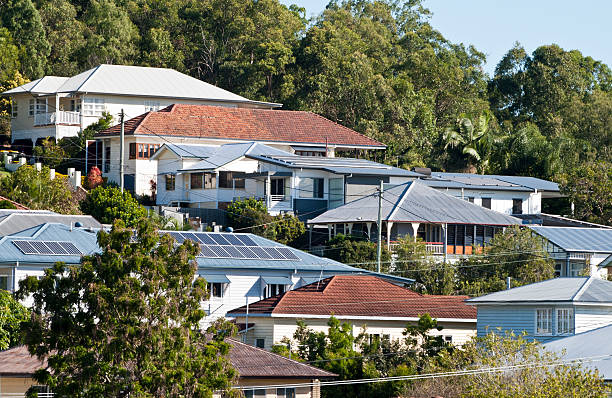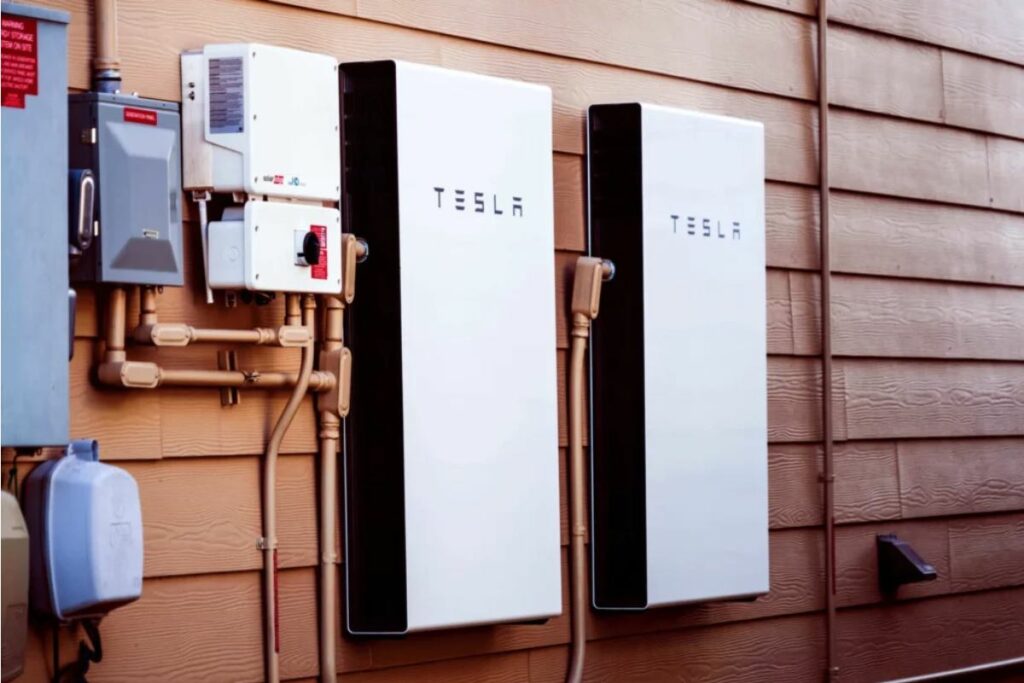Last update July 10th, 2024 at 05:26 pm
More than 30% of all homes have solar panels in Brisbane. We are not surprised, as solar technology will let you save a lot of money thanks to lower energy costs.
If you consider installing solar panels on your own house, you might have questions about rebates, costs and payback time. In this article, we will tell you (almost) everything you need to know about solar investments in Brisbane!

Solar rebates in Brisbane
Residents living in Brisbane will have access to the government Small-scale Technology Certificate (STC) rebate, as all Australians do. The installation will generate a specific number of STCs based on the system size and where you live.
Every STC has a given value (the market value can change from time to time), and the value will be deducted from the total installation costs. In other words, the more STCs you get, the bigger the rebate will be.
Brisbane is located in STC zone 3, which means that a typical 6.6kW installation will generate 63 certificates. With an STC value of $37.10, your total rebate will be $2,331.
How much do solar panels cost in Brisbane?
In Brisbane, a 6.6kW system will cost on average between $5,200 to $9,000. This is the price you will pay, as the solar rebate has already been deducted. Over the last ten years or so, solar prices in Brisbane have dropped by around 50%.
Although the rebate will cover a lot of your costs, you will still have to pay a significant amount for the solar panel system. But remember, the system will pay for itself eventually.
The financial return for solar installations
Households that invest in solar technology in Brisbane, can expect a payback period between 3 and 5 years.
Why? You will be able to cut your energy costs significantly. If you install a 6.6kW solar system with a total price of $5,200, you will typically be able to save $1,324 a year.
In this example, we are assuming that the energy price is 22c per kWh and that the feed-in tariff is 10c per kWh. If your self-consumption rate is 40%, and the daily energy usage is around 20kWh, this will give you a payback time of 3.9 years.
In other words, your system will pay for itself within 4 years, thanks to the reduced power costs and the feed-in tariff.

What is the battery price in Brisbane?
Most households that invest in solar technology in Brisbane, will have a system without a battery. Excess power will then be transferred to the grid, and in return, you will get a feed-in tariff (a payment from the power provider).
If your system is not producing enough power, you will be able to get power through the grid.
Alternatively, you could have a solar battery. Any surplus energy that is produced throughout the day will then be stored in the battery and can be used whenever needed. However, batteries cost a lot in Brisbane – as in the rest of Australia.
The average payback time of a solar battery is around 20 years, while the expected lifetime of a battery is only around 10 years. In other words, the battery will not pay off in the same way as the solar panel system itself.
Energy output from solar panels in Brisbane
Located in the sunshine state, Brisbane residents can look forward to a lot of sunshine throughout an average year. This is also making solar panel systems a good investment for anyone living in Brisbane.
As a solar system will produce energy when sunlight hits the panels, a sunny climate will surely be beneficial. However, the exact power output will depend on the system size and efficiency.
If you install a 7kW solar system, this will typically lead to an average daily system output of 27.3 kWh. In other words, solar panel technology is very effective in Brisbane!
Should you invest in solar technology in Brisbane?
Yes, investing in solar panel systems will usually be a very good investment for anyone living in Brisbane. The payback time is short, and you can expect to save a great amount of money from feed-in tariffs and lower electricity costs.
Most Brisbane-located residents will save around $1,000 and $3,000 a year if they install solar panels.
Going solar will let you save a lot of money, and at the same time, you will be able to use clean energy produced by the sun. You can expect to reduce your emissions significantly.
If you would like to go solar, we recommend you contact an approved installer. And remember, the installer may help you to find the best solar system for you and your family!